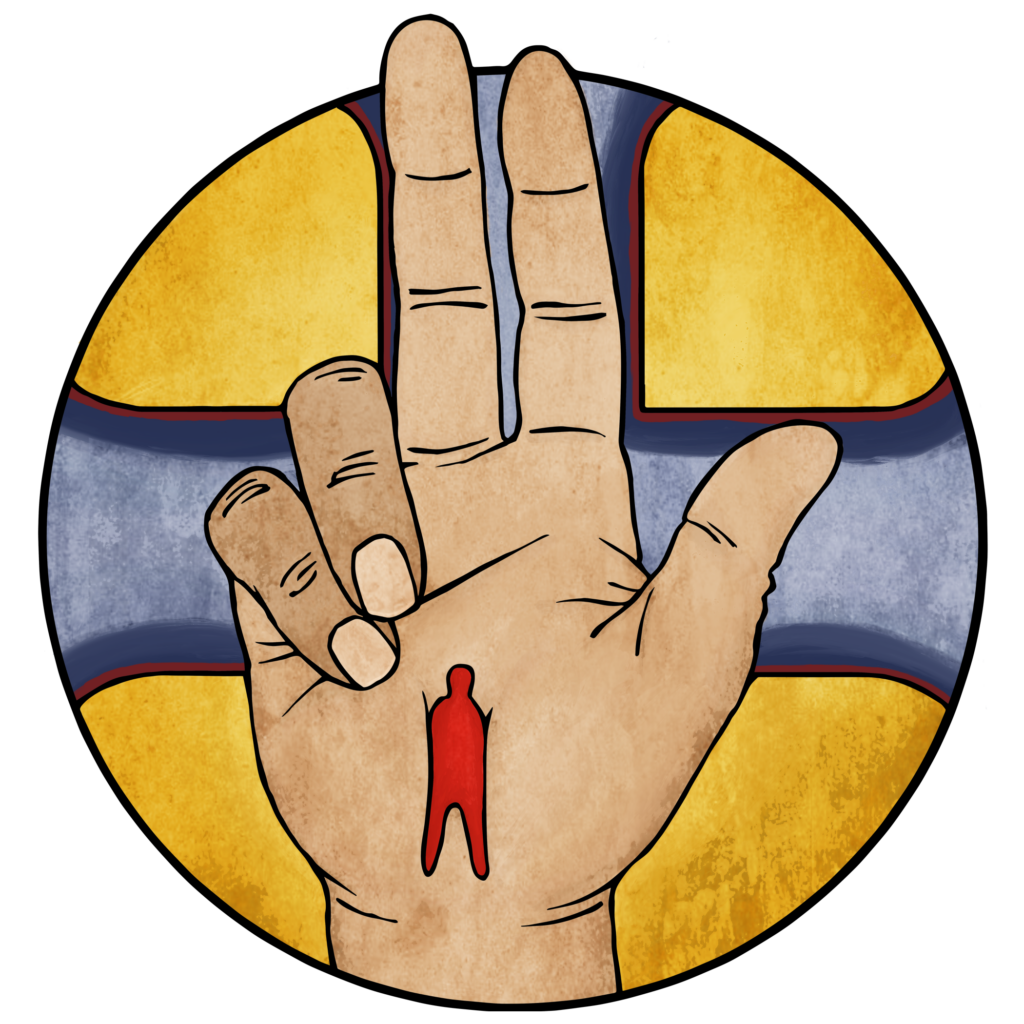By William M. Cwirla
Remember the Sabbath day by keeping it holy. What does this mean? We should fear and love God so that we do not despise preaching and His Word, but hold it sacred and gladly hear and learn it. (Small Catechism, Third Commandment)
I like the way this commandment goes in the German version of the Small Catechism: “You shall holy the holiday.” What makes a holiday a holy day is the Word of God, which is ultimately what this commandment is all about–the gift of God’s Word and our restful hearing of it.
A Bit of Background
In the Old Testament, the Sabbath Day was the seventh day: what we know as Saturday, the last day of the week. In the creative week, God rested on the seventh day (Genesis 2:2). The word Sabbath (Hebrew: shabbat) means “rest.” Notice that God didn’t say anything on the seventh day. He spoke for six days, creating, ordering, and naming everything by His Word, but on the seventh day He rested and declared the seventh day “holy.” It was set apart from the other days and capped off the week. “For in six days the LORD made heaven and earth, the sea, and all that is in them, and rested on the seventh day. Therefore the LORD blessed the Sabbath day and made it holy” (Exodus 20:11).
Old Testament Israel rested in worship on the seventh day for two reasons. First, God Himself rested from His work of creation (Exodus 20). Second, God had freed them from slavery in Egypt (Deuteronomy 5). Slaves worked seven days a week. God’s free people rested on the seventh day. “You shall remember that you were a slave in the land of Egypt, and the LORD your God brought you out from there with a mighty hand and an outstretched arm. Therefore the LORD your God commanded you to keep the Sabbath day” (Deuteronomy 5:15).
The Sabbath began at sundown at the close of the sixth day with a nice meal, usually of meat and fish together with undiluted wine. The next day–the seventh day–you did nothing but hear the Word of God, pray, praise, and give thanks. You rested in God’s Word and received everything as a gift from His hand. You were reminded that you stood before God by His grace through faith without your works. Before men, you work. Before God, you rest.
What Does That Mean for Today?
In the New Testament, there is no particular day set aside for worship. Sunday is the traditional worship day for Christians because of the resurrection of Jesus and the outpouring of the Holy Spirit at Pentecost, but that is a tradition and not a command. Sunday is not the “Christian Sabbath day,” even if it is the “Lord’s Day” (Revelation 1:10) and the traditional day for Christians to worship.
The old creation was encompassed in six days plus one–a week of days culminating in the Sabbath (Genesis 1 and 2). The new creation is but one day, the eternal Day of our Lord in which there is no night but endless day in the Light of Christ (Revelation 22:5).
In Baptism, we have already become new creatures in Christ. We have a part in the dawning Day of the new creation. “The old has passed away; the new has come” (2 Corinthians 5:17). The Sabbath Day of the old creation has given way to the eternal Day of Jesus and our rest in Him by faith.
Come to Me, All Who Are Weary
What carries over is the Word, and that’s what the catechism picks up. To have a “holy day” is to have the Word preached and heard and believed. The Word makes the difference between a mere holiday, a day off, and a holy day–a day of faith-full rest. Jesus promises eternal rest to all who trust in Him. “Come to me, all who are weary and burdened, and I will give you rest” (Matthew 11:28). Jesus is the ultimate Sabbath: rest from the Law; rest from the burdens of conscience and guilt; rest from struggling with sin, death, and devil. He is more than a day at the end of a workweek. He is The Day in which we rise to life as He is risen.
Rest in the Word is God’s gift to us in Christ the Word. We are justified before God by grace through faith in Christ apart from works. The Sabbath Day was a reminder of that fact. God doesn’t need our works; our neighbor does. God wants and creates faith that rests in Him–faith that trusts His Word and clings to Christ’s work. When we do not take time to hear God’s Word and receive His gifts, when we despise preaching and the Word, we deprive ourselves of ultimate rest and peace. In the end, we will work ourselves to death. The Lord wants better for you and me. He wants to give us rest in His restful Word. “I was glad when they said, ‘Let us go to the house of the Lord'” (Psalm 122:1).
Rev. William M. Cwirla is the pastor of Trinity Lutheran Church in Hacienda Heights, CA and is a president emeritus of Higher Things.
This article was originally published in the fall 2015 issue of Higher Things Magazine.

